What Is the Root Cause of Indigenous Education Issues
Fifty-eight percent of young adults living on reserve in Canada have not completed high school, according to the 2011 National Household Survey...
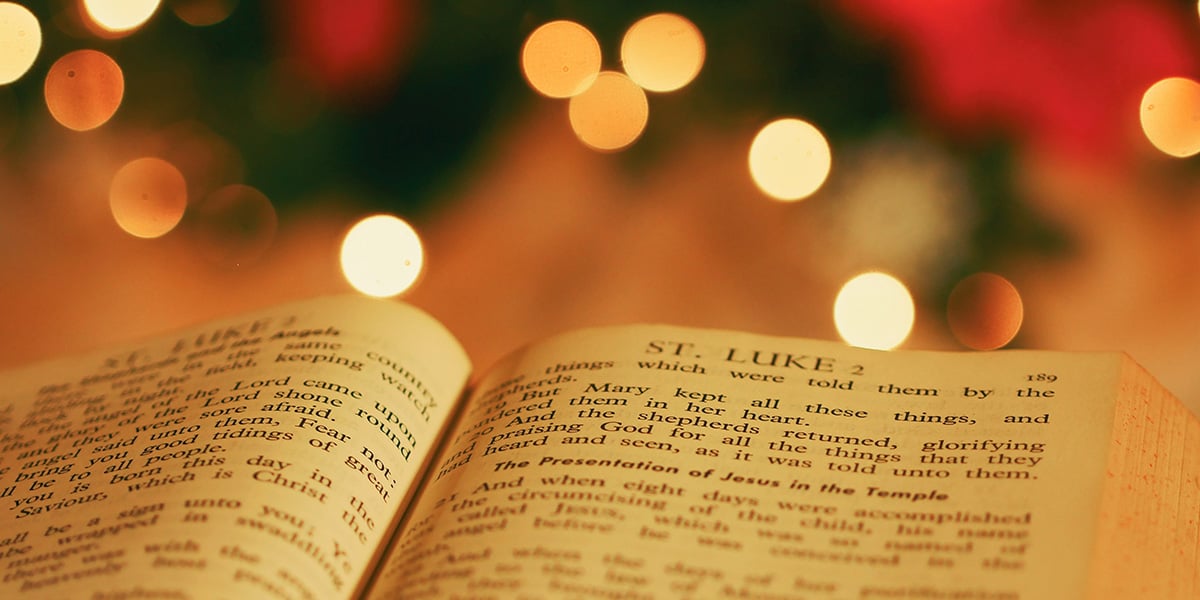
I wrote this article because I frequently see postings on Facebook asking people to “like” the “Merry Christmas” greeting and denounce the “Happy Holiday” greeting.
At this time of year, it is important to realize and recognize that Christmas is not a cause for celebration for everyone and that for some it is a stark reminder of the historic relationship between churches, the celebration of Christmas, and residential schools. The following letter to parents of the Kamloops Indian Residential school children provides some interesting insights into the relationship.
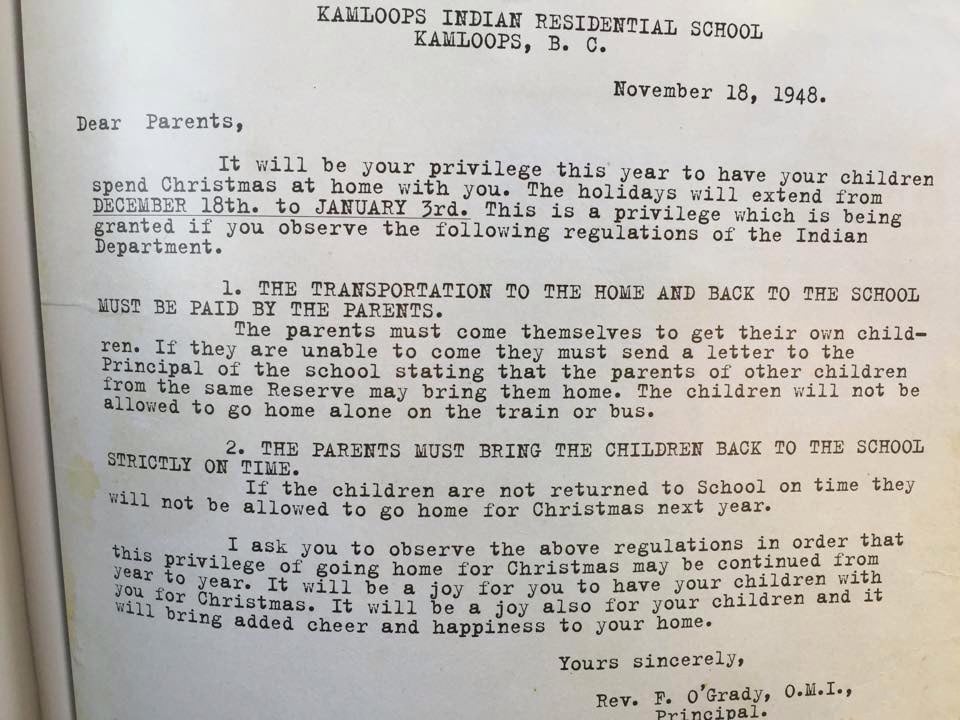
(Click on the image to see an enlarged version.)
Residential Schools were church-run, government-funded institutions geared specifically to the process of assimilation. Government legislation allowed for the forced removal of children for more than a century and during that time residential schools separated over 150,000 Indigenous children from their families and communities; 6,000 of those children died or disappeared.
Although the last of the schools closed in 1996, the effects of the Indian Residential School system are intergenerational. Children who were born after the closure of the schools were born to parents who likely attended and survived these schools.
NOTE: In 2019, former students of Kivalliq Hall in Rankin Inlet in what is now known as Nunavut won a court battle to have Kivalliq Hall included as an IRSSA-Recognized School. While this 2012 article states that the last residential school in Canada to close was in 1996, Kivalliq Hall's closing in 1997 is an important detail to note when recounting and learning about Indigenous history.
Therefore it is obvious to see why many, not all, Indigenous people and communities are spending time with this generation of Indigenous children teaching them their own cultural values, behaviours, attitudes, and beliefs.
I added the “not all” in the prior paragraph because there are many Indigenous Peoples and communities who are Christians.
Now back to “Merry Christmas vs. Happy Holidays”. I was at a potlatch with my father, hereditary Chief Robert Joseph at which one of our chiefs made a speech which consisted of reading from the Bible. I asked my father privately “As a survivor does it not bother you to see this happening in such a cultural event?” He replied, “No. He is one of our people and we must respect his beliefs.”
So in the spirit of “respect” and “Goodwill towards all Men,” I bid you “Happy Holidays” and/or should you prefer “Merry Christmas” and a Happy New Year too.
Featured photo: Unsplash
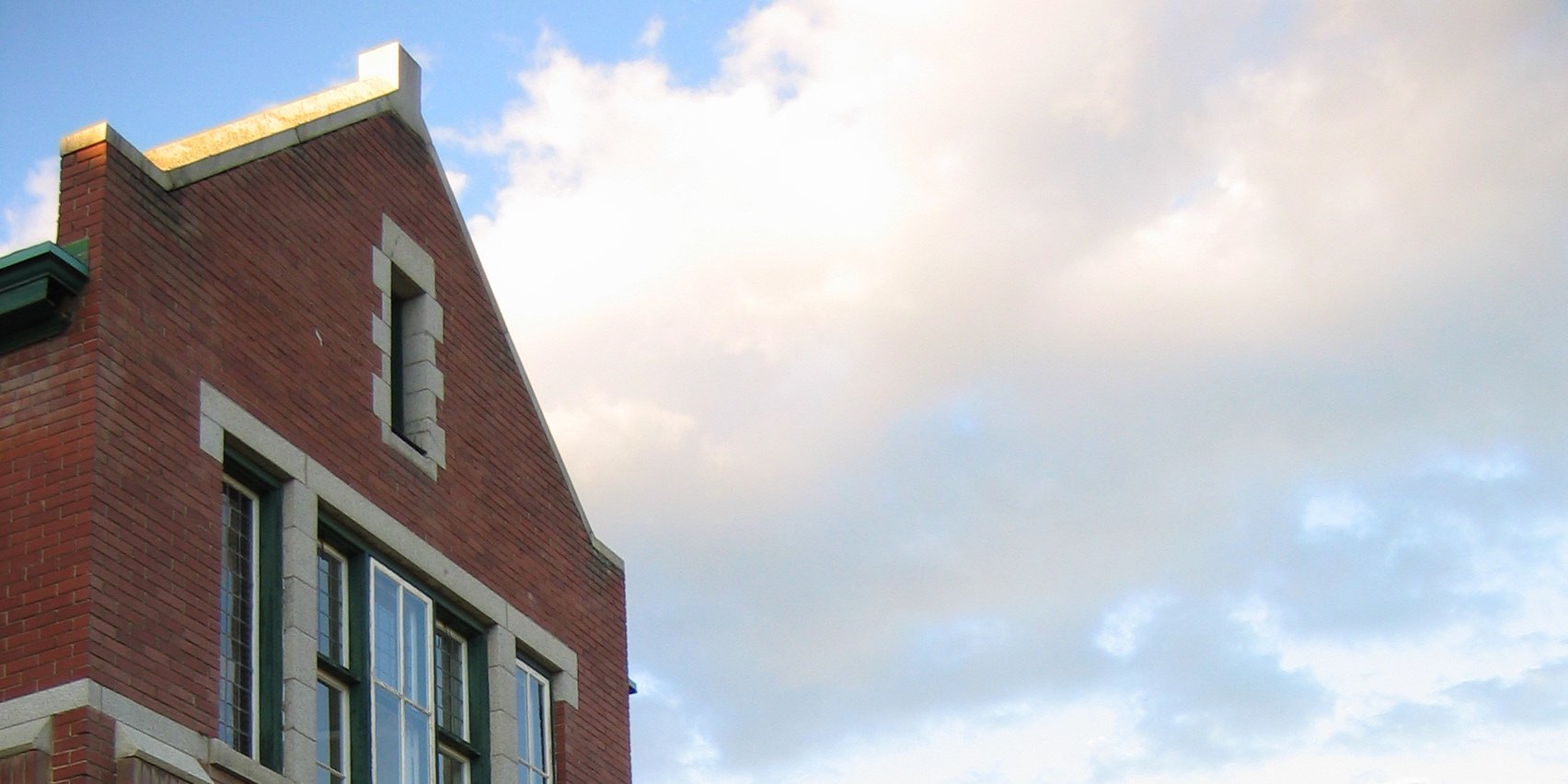
Fifty-eight percent of young adults living on reserve in Canada have not completed high school, according to the 2011 National Household Survey...
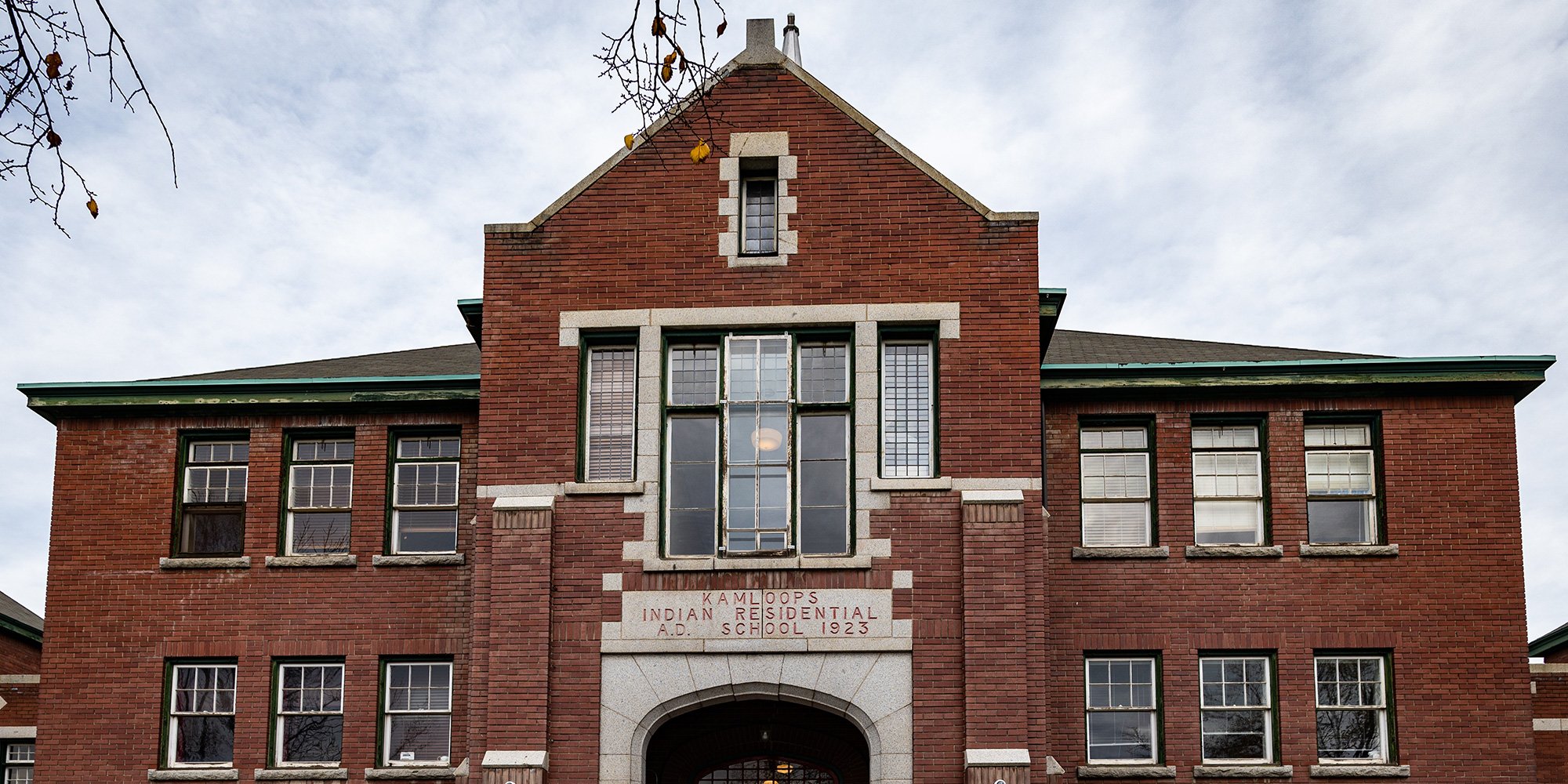
There has been some discussion in the media recently about those who attended residential school having post-traumatic stress disorder, sometimes...
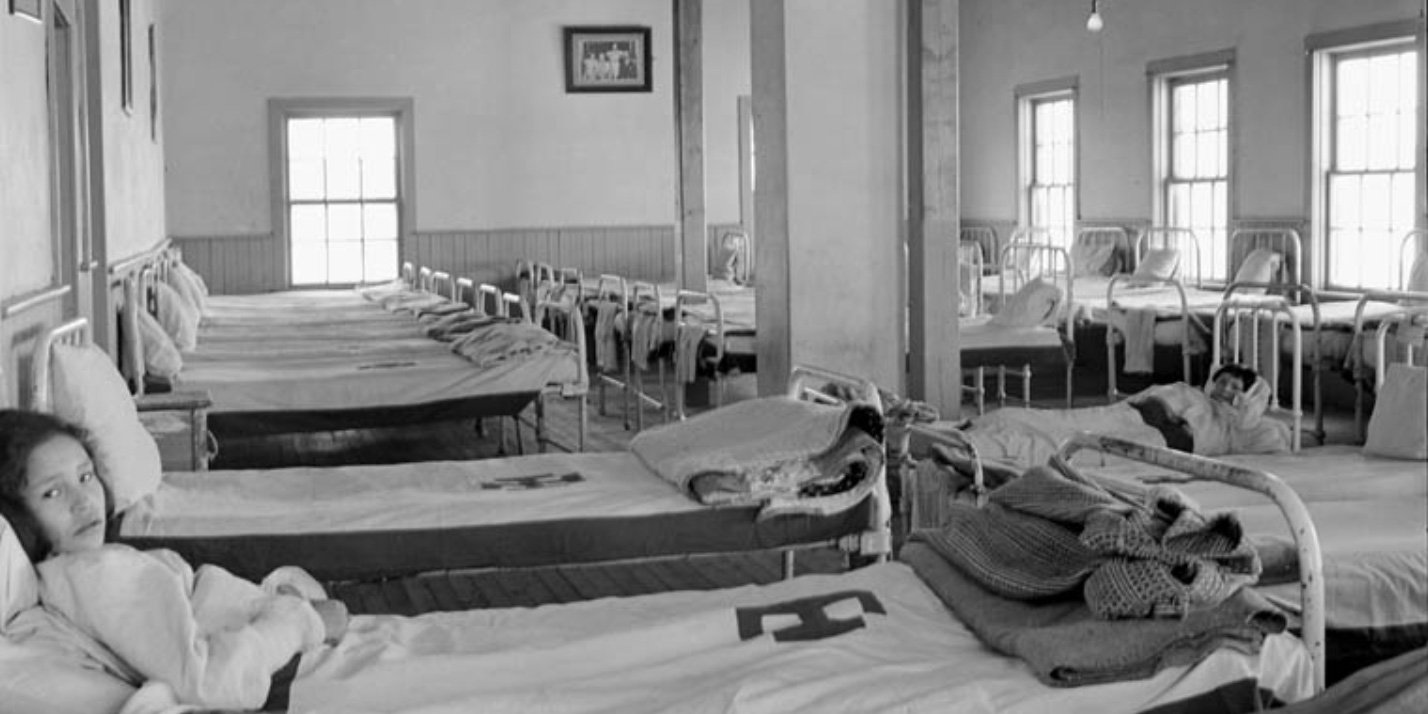
In 1844, the Bagot Commission of the United Province of Canada recommended training students in “…as many manual labour or Industrial schools as...